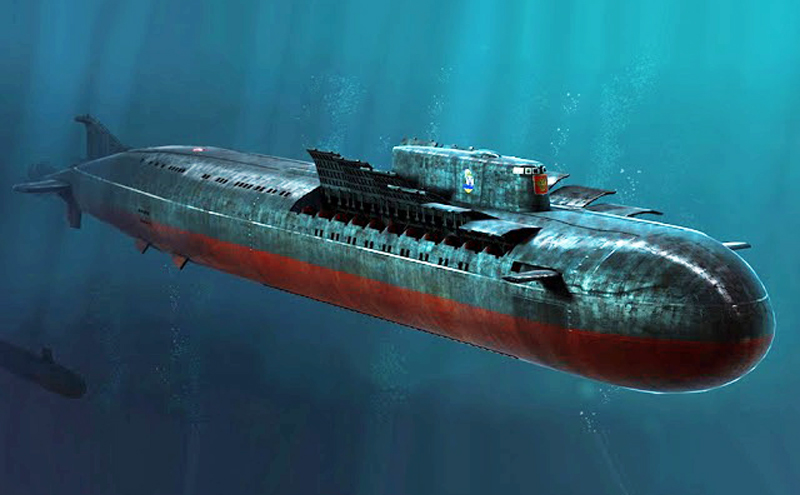

As of early August, Russia has lost 223 aircraft, 192 helicopters, and 754 drones. The real reason is banal: the lack of planes. The organizers of the parade referred to technical problems with the planes that were to have flown over Red Square. During the 9 May Victory Day parade, the air element of the parade was cancelled. The whole world was convinced of the asymmetrical weakness of the Russian army: the disgrace of the invasion of Ukraine and the subsequent failures at the front was so severe that since March 2022 in Russia, commemorative days and dates marking victory day and army holidays have been celebrated very modestly and without the notorious Putin pathos. In five months of war, Putin failed to achieve any of the announced goals of his so-called special operation. This idea became key in the context of the invasion of Ukraine on 24 February with the goal of seizing it. Seizing the lands of sovereign states, including ethnically non-Slavic states, as in the case of Moldova and Georgia, is a key idea of Putin, who holds the outdated view that territory is key in the context of a state’s power and influence on the world stage. Losses like the Kursk and subsequent incidents are covered up by an army of Russian propagandists who form the “politically correct” opinion of Russians.

These narratives are primarily aimed at the domestic Russian audience to form a myth of inevitable victory that awaits the “valiant Russian army,” defending ordinary Russian people and the Russian world. Unlike the Russian imperial army, which had a school and traditions, and the Soviet army, which reached its peak in the history of Russian statehood, the army of Putin’s Russia has received only superficial propaganda and empty PR platitudes, voiced by politicians of all stripes from television screens, including Putin himself, who has repeatedly stated that “the Russian army has undergone a very qualitative evolution”. Through the wanton destruction of the Russian army in Ukraine, and the squandering of its military equipment, Putin is slowly but surely destroying Russia itself. His war against Ukraine has exposed the archaic, unprepared and asymmetrical weakness of the Russian army, and the monstrous corruption of his top military commanders. The Kremlin dictator, who has practically ruled Russia for 23 years, sees himself as “a collector of the Russian lands” and, like the tsars of Moscow, views the Russian army as the main instrument of foreign territorial expansion. Putin’s invasion of Ukraine was a fatal miscalculation, destroying the best of his army: it suffered unprecedented losses in manpower and military equipment not seen since the end of World War II, destroying the very idea of the supposed might of the Russian army. 22 years ago, the Kremlin dictator began the deliberate destruction of the Russian army, which he threw into the furnace of endless wars, both within and outside Russia.
#Kursk submarine disaster hd archive#
The AP archive footage of the meeting between the Russian State rescue committee and the relatives of the Kursk team members on Augexemplifies how the Russian state handled the crisis.On the anniversary of the sinking of the Kursk submarine, Putin is burying the Russian army in UkraineĪugust 12 marks the 22nd anniversary of the Kursk submarine disaster, when its entire crew of 118 submariners died. The facts RIA Novosti’s report conveniently omits are the same that the observers say were most damaging to Vladimir Putin’s reputation, even two decades after the tragedy. Norwegian and British rescuers wouldn’t arrive until that Saturday, a week after the accident,” the Intercept, an investigative outlet, reported in May 2019, citing the NSA archives leaked by a former subcontractor Edward Snowden. In a move that would mar the early days of Putin’s leadership, the Northern Fleet waited until Wednesday - four days after the Kursk sank - before accepting any help from foreign powers. “Britain, the U.S., and Norway offered publicly and, reportedly, through backchannel communications to aid in location and rescue efforts.

These omissions include immediate offers of assistance from the U.S., U.K., and Netherlands, as well as the fact that Russia had initially refused any foreign aid.

The recent RIA Novosti account of the tragedy omits the same facts that Russian state media were prohibited from reporting at the time of the disaster.


 0 kommentar(er)
0 kommentar(er)
